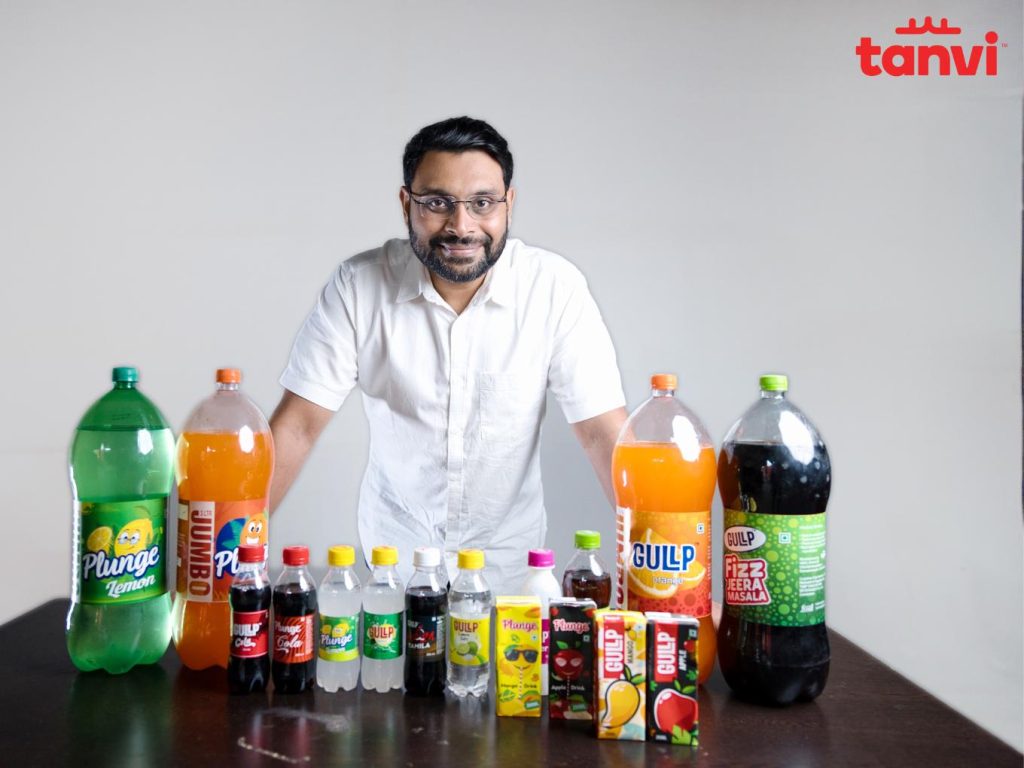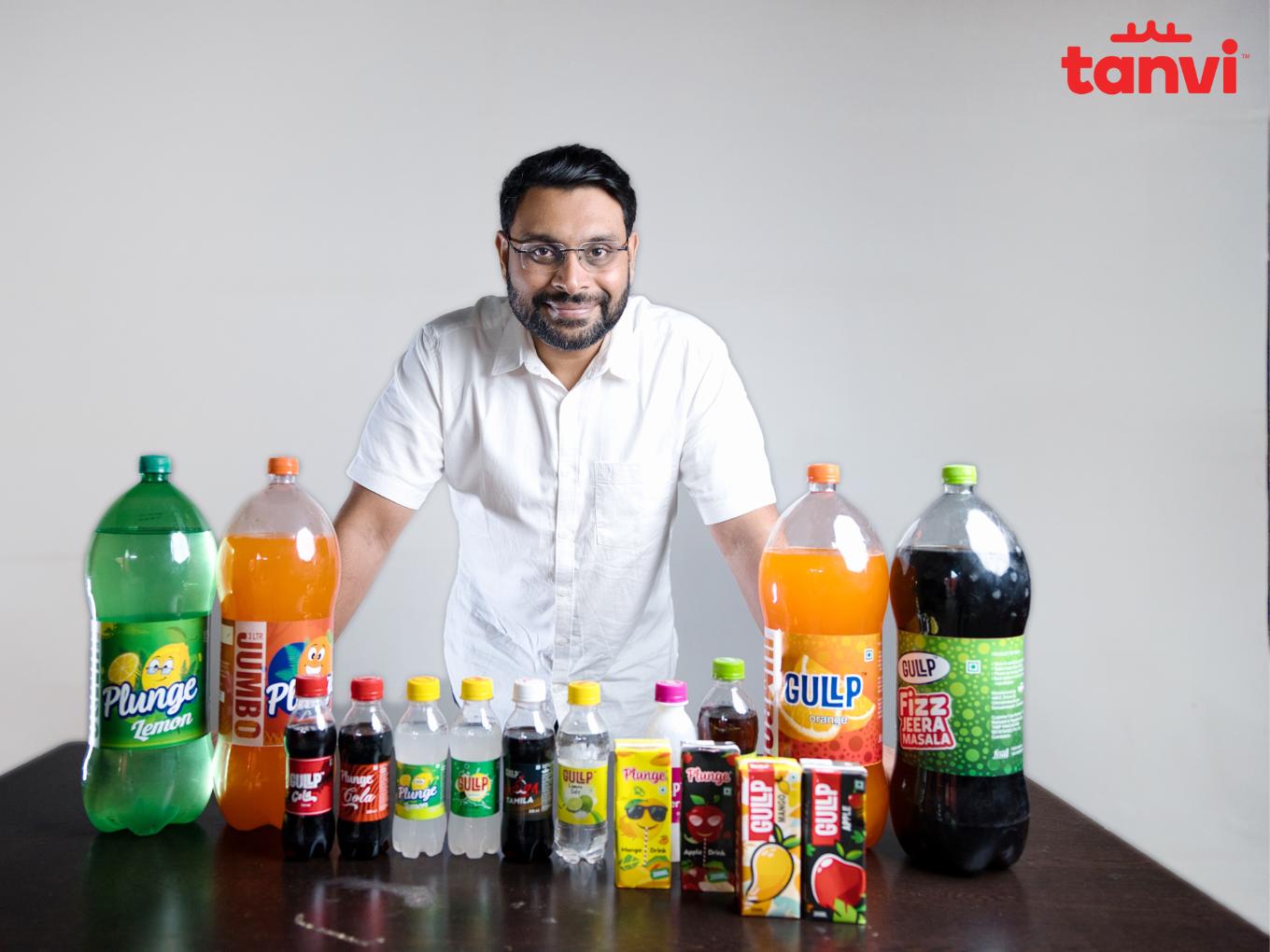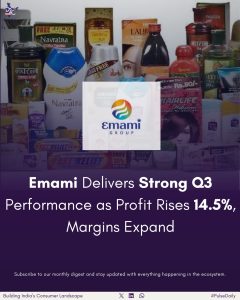TABP Snacks & Beverages has secured $3 million (₹26 crore) in funding. LC Nueva led the round, with participation from Entrust Family Office, Arun Mukherjee, and Soumya Malani. This investment shows strong investor confidence in D2C food and beverage brands that address affordability, accessibility, and scale in the mass market. This segment is gaining traction in the Indian D2C space.
TABP plans to use the funds to broaden its distribution network in South and East India, introduce new beverage options, and grow its manufacturing abilities. The investment pushes the company closer to becoming a major packaged beverage player in India’s fast-changing direct-to-consumer market, where there’s growing demand for hygienic, consistent, and affordable products.

Founded in 2018 by Prabhu Gandhikumar and Brindha Vijayakumar, TABP converts popular local street drinks into packaged beverages for lower- and middle-income consumers. The brand is bringing structure to unbranded consumption categories. It’s targeting a major opportunity in the D2C space: the move from informal to branded consumption in smaller cities and towns.
TABP’s strategy differs from premium D2C brands. It proves that affordable pricing, local appeal, and distribution are strong drivers of D2C revenue growth. In a few years, the brand grew from ₹4 crore in FY19 to ₹212 crore in FY24-25. Now, it aims for ₹800 crore in revenue over the next three years. This positions it as one of the fastest-growing consumer brands, attracting attention in D2C funding conversations.
The funding round also shows investor interest in D2C food and beverage brands that meet real mainstream consumer needs. While many new D2C startups focus on premium markets or celebrity endorsements, TABP’s approach reflects a solid understanding of consumer behavior, where trusted, affordable products drive volume.
TABP’s current product line competes with brands like Paper Boat, Rasna, Dabur, Coca-Cola’s value products, PepsiCo, and local players. Its focus on mass-priced regional drinks and consistent quality gives it a distinct advantage. This strategy aligns with market trends, where brands winning distribution in Tier-2, Tier-3, and rural markets are becoming strong contenders for scale and long-term visibility.
With private equity investment in D2C on the rise and investors looking beyond premium urban markets, TABP offers a blueprint for D2C go-to-market and supply-chain grounded in affordability, distribution, and category structure. The funding and growth plans for TABP are setting the stage for what scalable consumer brands focused on smaller cities and towns will look like.









